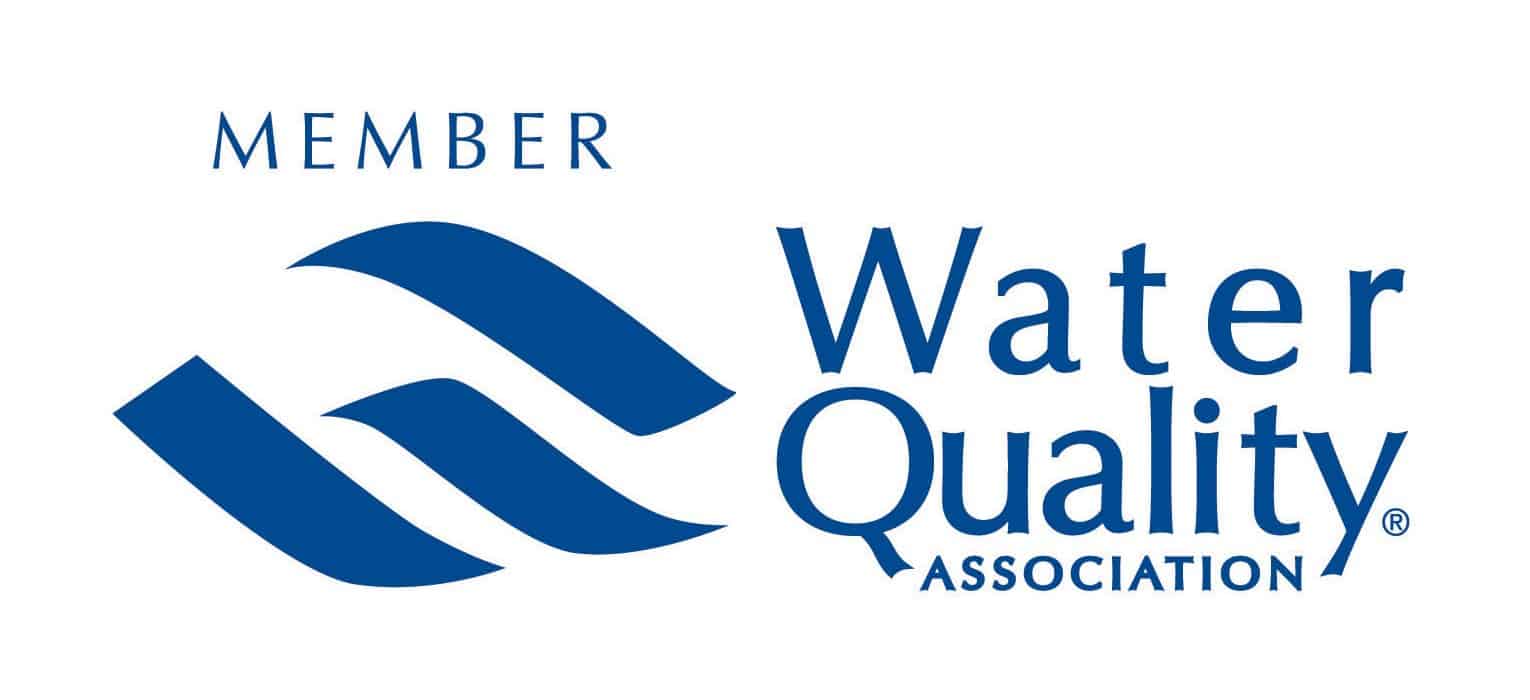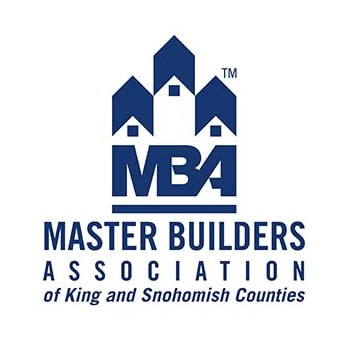Washington Well Water Testing
Unlike municipal water sources, which are regulated by the U.S. Environmental Protection Agency, private wells are the responsibility of homeowners. That means the city and the state of Washington will not test private water sources for harmful bacteria or contaminants. It is recommended that well owners have their water tested at least once every year and also after significant flooding, or any changes in water quality (taste, odor, clarity), to ensure your water is safe for drinking.
The most common bacteria that Washington well owners need to be concerned with is total coliform bacteria, fecal coliform, and e-coli. Coliform bacteria are relatively common, are often airborne, and live in the soil and on vegetation. Fecal coliform and E-coli are bacteria found only in or near animal feces, sewage systems, and inside the intestine of dead animals. Most coliform bacteria do not cause illness, but can represent a breach in the water system. However, fecal coliform & E-coli bacteria, can often cause disease. In addition to these forms of bacteria, water testing can reveal reducing and iron/sulfur bacteria, nitrates, pesticides, lead, PCB’s and many other contaminants – all which may be harmful if ingested.
Well Water Testing Professionals
Call JKA, your well water testing contractor in Washington, today to schedule a water sample collection for certified testing! A JKA technician can visit your site an walk you through the potential pollutants and contaminants based upon your specific site conditions, and then can sample for the appropriate items. The sample will then be delivere to a certified laboratory for analysis.
Bad Results?
So what if your private well tests positive for coliform? The first order of business is to secure the well – make sure the well head is above grade and has a properly screened vent. Seal any cracks and holes where animals and insects could infiltrate the well. If after another day of usage and a follow up test the water is still dirty – contact JKA Well Drilling today, and we can talk to you about the potential for well rehabilitation or water treatment.
Read our article: Why Do We Pump Test Wells? (pdf)




